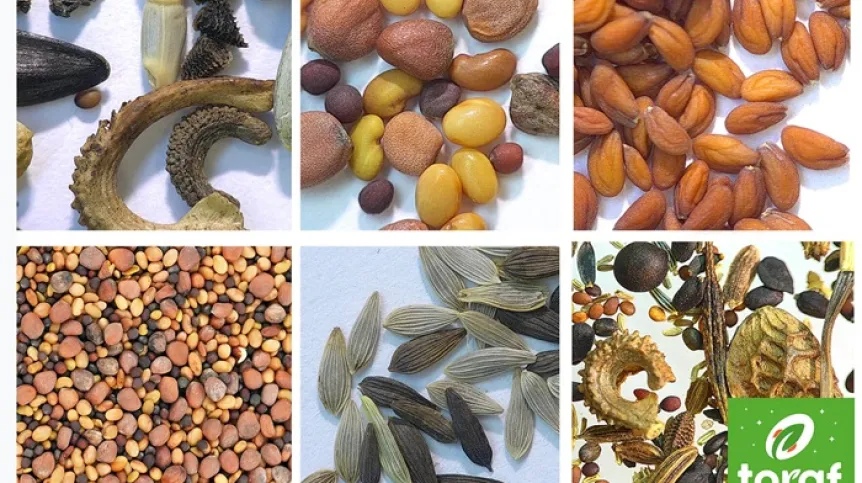
This fall, the Perun suborbital rocket is set to make history as the first scientific rocket launched from Polish territory.
Developed by SpaceForest, a Gdynia-based aerospace company, Perun will lift off from the Central Air Force Training Ground in Ustka, carrying research payloads from institutions across the country — including microorganisms from kombucha cultures and sprouting seeds.
The 11-meter rocket, powered by a hybrid SF-1000 engine using nitrous oxide and paraffin, is designed for suborbital missions reaching altitudes of up to 150 kilometers.
It can carry up to 50 kilograms of scientific instruments into microgravity for experiments lasting several minutes before returning its payload to Earth for recovery and analysis.
“This will be the first suborbital scientific launch from Polish soil,” SpaceForest representatives said. The rocket has already completed all engine qualification tests and is flight-ready.
Among the experiments onboard will be mikroSCO, a project by AstroFarms, a biotech startup based in the Pomeranian Science and Technology Park in Gdynia.
The experiment will test how kombucha microorganisms (SCOBYs) behave in microgravity. SCOBY — short for Symbiotic Culture of Bacteria and Yeast — drives the fermentation process of kombucha, a popular fermented tea.
According to the scientists, the findings could help improve crop resilience to drought and soil degradation and inform future space agriculture systems.
“Our mission is to develop biotechnologies that support future space missions, including astronaut health and safety,” said Łukasz Szydłowski of AstroFarms. “That’s why we study kombucha microorganisms — they produce valuable compounds, from cellulose to terpenes. Now we want to see how their potential can be used in space.”
The mikroSCO project was developed in collaboration with students from the InnovaBio Pomorze program, who analyzed the kombucha microbiome to identify strains with the most promising space applications. AstroFarms is also working on AstroBucha, a probiotic drink designed for space use, and researching plant–microbiome interactions in simulated lunar and Martian soil (regolith).
Another payload comes from TORAF, a seed company based in Maciejów (Opole Voivodeship). Their experiment will send Flamboyant 3 radish seeds and a sprouting mix of alfalfa, rapini, and crimson clover to the edge of space to study how exposure to low pressure, high radiation, vibration, and strong G-forces affects plant viability.
After the capsule’s return, researchers will analyze germination rates, early leaf development, and overall vitality compared with control samples kept on Earth.
(PAP)
PAP - Science in Poland
anm/ bar/
tr. RL













